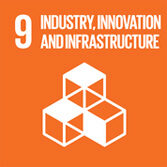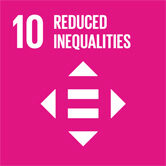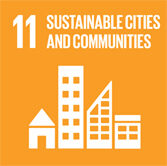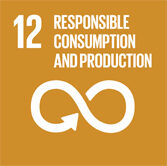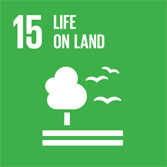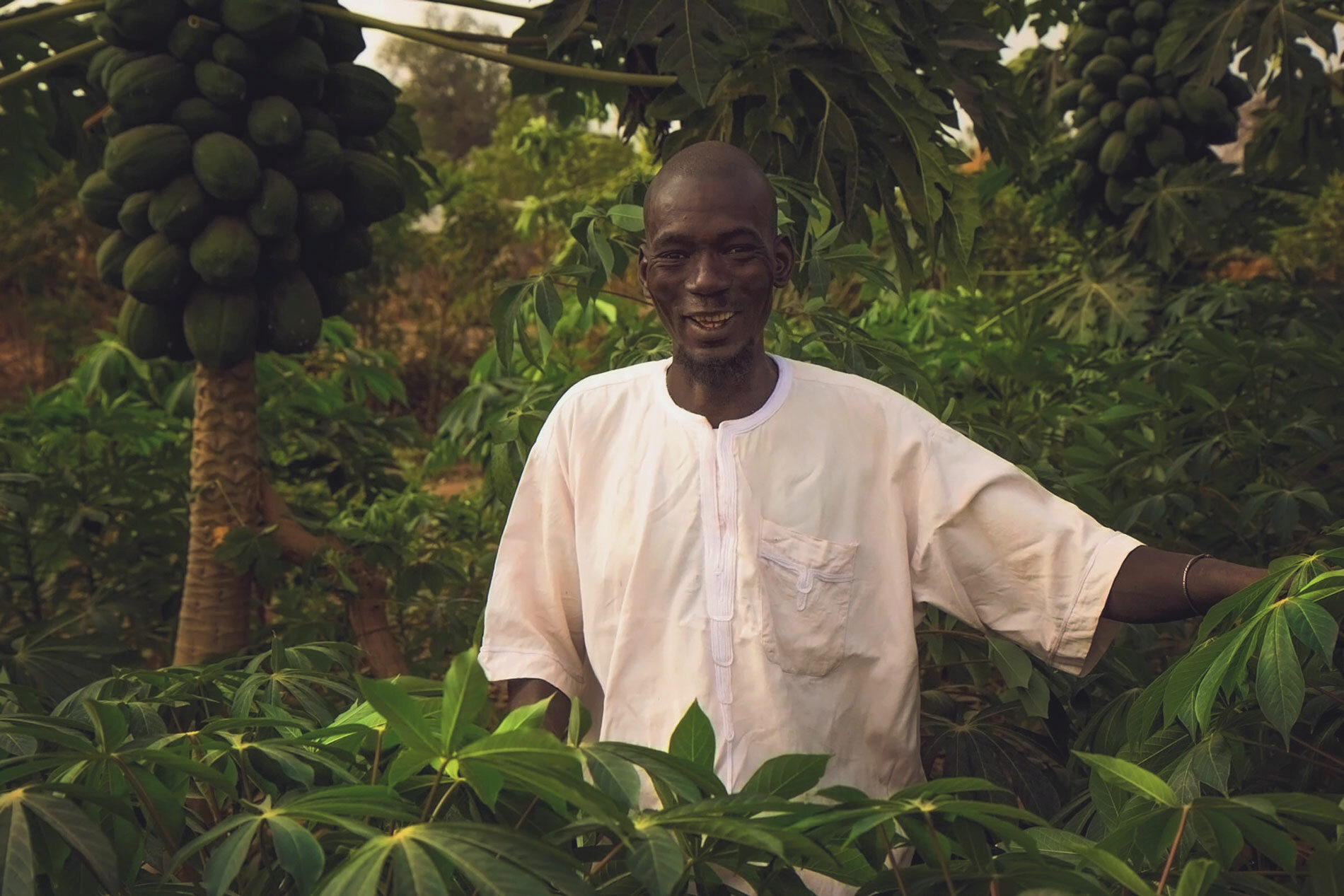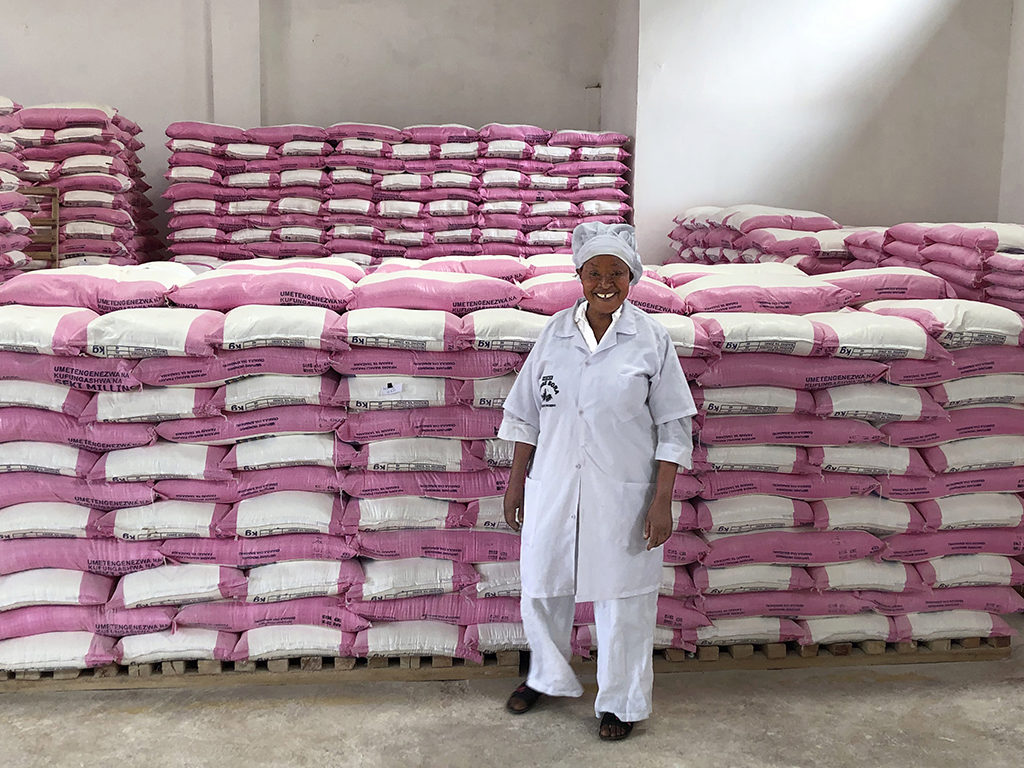
2020 Winner: Digital Green
Digital Green is a global development organization that empowers smallholder farmers to lift themselves out of poverty by harnessing the collective power of technology and grassroots-level partnerships. Digital Green partners with governments, private agencies and most importantly, rural communities themselves to co-create appropriate and participatory digital solutions to improve agricultural, health, and nutrition outcomes. They work to ensure that every digital solution is developed and implemented in a manner that’s nutrition-sensitive, climate resilient, and inclusive. Digital Green continually tests, learns, iterates, and evaluates to ensure that farmers and their families end up with the best possible products and outcomes to improve their livelihoods and increase their incomes.

Primary Area of Impact: Economic Development
Geographic Areas (Continents): Africa, Asia
Geographic Areas (Countries): Bangladesh, Ethiopia, India, Kenya, Nepal
Organizational Type: Non-Profit
Year Founded: 2009
Mission: Empower smallholder farmers to lift themselves out of poverty by harnessing the power of technology and grassroots-level partnerships
Website: www.digitalgreen.org
Social Challenge
Although smallholder farmers (those who farm plots of land one hectare or less) produce up to 80% of the food supply in Asia and sub-Saharan Africa, the highest incidence of poverty globally is associated with agricultural employment. 70% of the world’s poor live in rural areas, relying on agriculture for their livelihoods. Small-scale farmers are particularly vulnerable to the increasing frequency of floods and drought, shifting rainfall patterns, and spread of pests and diseases. Their acute vulnerability to shocks makes smallholder farmers more likely to be malnourished.
Smallholder farmers in India and Ethiopia typify national statistics for undernutrition (40% of rural children under five years old are stunted) and poverty (33% of Ethiopia’s rural population and 15% of India’s rural population earn less than $1.90/day). They typically have 3-4 years of education and over 33% cannot read or write. Raising smallholder farmers’ yields and incomes is a critical measure for improving rural livelihoods; however, most farmers lack access to relevant, actionable information that could help them to improve their productivity or incomes.
UN Sustainable Development Goals (SDGs)
Leadership
Digital Green is a leader in creating digital solutions for rural communities around the world and effectively demonstrating how a technology-enabled approach can accelerate efforts to end poverty. They work with smallholder farming communities across India and Ethiopia and other parts of South Asia and Sub-Saharan Africa to build technology that’s of the community and for the community. As of 2020, their technology-enabled approach has reached over 2.3 million of the world’s poorest people. They have facilitated the production and dissemination of more than 6,000 locally relevant videos, in 50 languages, allowing farmers to share knowledge with one another that build resilience, increase productivity, and improve their nutritional status.
Impact
Digital Green measures the reach and effectiveness of their video-enabled extension approach with metrics including the number of unique viewers adopting any agricultural practice promoted in a video they viewed, and number of agricultural practices adopted by all farmers who attend video screenings. They also measure the effects on farmer’s yields and incomes to measure their impact. In India and Ethiopia in FY 2018-2019, more than 50% of video viewers have adopted at least one practice (3 to 4 on average) and participating farmers achieved an average yield increase of 22%. Generally across India, Ethiopia, and Nigeria, farmers who were exposed to and adopted all of the impactful practices (3-5 practices) saw yield gains ranging from 24% to 319%, and income gains from 82% to 145%, depending on the crop (when compared with farmers that did not adopt any of those practices). These practices contribute to a decrease of poverty, economic inequality, and malnutrition in the communities.
Innovation
Digital Green’s innovative and scalable video-enabled approach is effective and cost-effective, and the videos are accessible to those of many dialects for a low literacy population. Their focus on capacity building for long-term sustainability, and their role as facilitators rather than implementers, are key differentiators. More than a message delivery vehicle, their approach has organized timely exchange of locally relevant knowledge and strengthened the social structures that meet to discuss them. Integration of data and farmer feedback has given farmers a voice, increased their production and incomes, and helped national extension systems better respond to local needs. In addition to developing commodity- and project-specific coordination mechanisms, they are using technology to foster a systemic solution to information sharing bottlenecks by developing prototypes for an automated, transparent, and secure digital information sharing platform.
Transferability
Digital Green works in close partnerships with existing agricultural and health extension providers (a mix of public, civil society, and private organizations) to meet a set of common goals for improving livelihoods and nutrition outcomes in rural, poor communities. They involve national and regional-level directors in decision-making and work closely with staff at national, regional, district and village levels to foster ownership and understanding of roles. To facilitate scale-up and replication, Digital Green has created a cadre of master trainers and open-access training courseware for video production, effective facilitation, and key agricultural and health messages. Digital Green has begun expanding their efforts to make an even larger impact worldwide through agriculture and health initiatives in Afghanistan, Bangladesh, Ghana, Guinea, Malawi, Mozambique, Niger, Senegal, and Tanzania. Furthermore, based on past success, some partners have applied their approach to other topics, including family planning, off-farm income generation, household budgeting and farmer group capacity building.
Accomplishments
- The Roddenberry Prize 2020
- Disruptive Agricultural Technology Challenge Winner, 2019
- USAID Digital Development Award, 2017
- Amazon Web Services Mobility Award, 2017
- Google Impact Challenge Winner, 2013
- eNGO Challenge South Asia Winner, 2015
- Stockholm Challenge Winner, 2008
- Manthan Award South Asia in Environment, 2008





